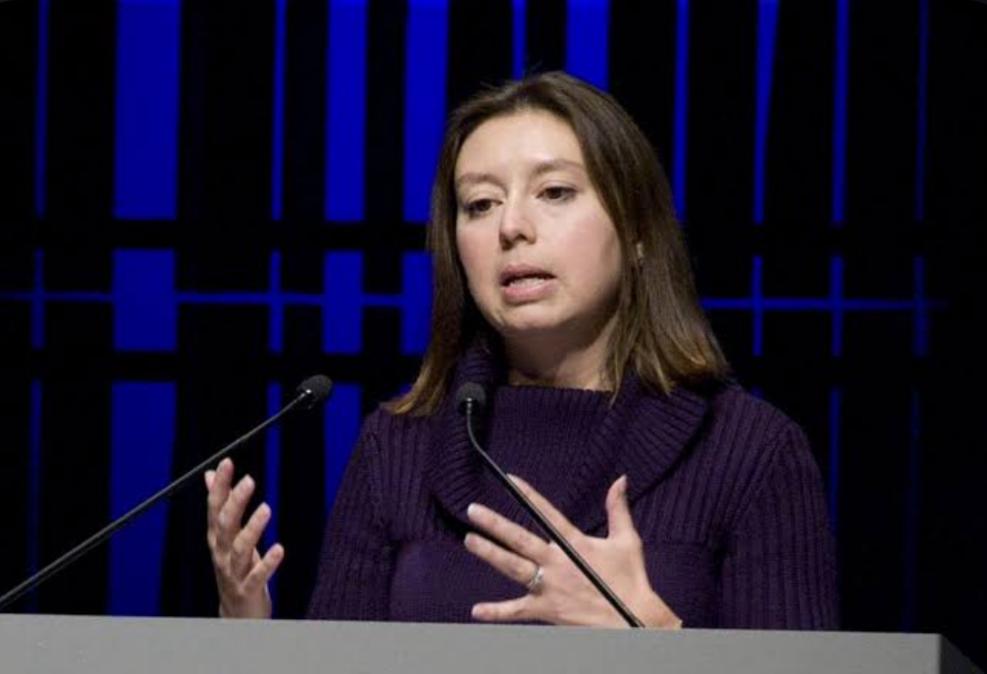The International Monetary Fund (IMF) has said that assurances of financial assistance from bilateral and other sources are critical to supporting the authorities’ policy efforts and ensuring the successful completion of the review with Pakistan. The IMF wants Pakistan to get the assurance of up to $7bn to fund this fiscal year’s balance of payments gap. Pakistan and the IMF have been negotiating since February on an agreement that would release $1.1bn to the cash-strapped country, which is facing slowing growth, high inflation, and large financing needs. The funds are part of a $6.5bn bailout package the IMF approved in 2019.
The IMF is seeking assurances of up to $7 billion to fund this fiscal year’s balance of payments gap. Finance Minister Ishaq Dar has been saying it should be around $5 billion. The deal will also unlock other bilateral and multilateral financing avenues for Pakistan to shore up its foreign exchange reserves, which have fallen to four weeks’ worth of import cover.
The IMF spokesperson emphasized that financing assurances were a standard feature of all IMF programs and that the authorities in Pakistan were committed to implementing the necessary reforms. The country’s economy is facing multiple challenges, including slowing growth, high inflation, and large financing needs, all of which are coming on the back of devastating floods.
The article also touches upon a proposed fuel pricing scheme by Prime Minister Shehbaz Sharif, which aims to charge affluent consumers more for fuel and use the money raised to subsidize prices for the poor. The scheme is planning a difference of around 100 Pakistani rupees (35 US cents) a liter between the prices to be paid by the rich and poor. However, the IMF’s resident representative in Pakistan said that the government had not consulted the fund about the fuel pricing scheme and that the scheme was one of the remaining points to be settled before the staff-level agreement could be signed.
Overall, Pakistan’s negotiations with the IMF are crucial for the liquidity-challenged country, whose deficient foreign exchange reserves need urgent shoring up. The successful completion of the review with Pakistan and the release of the bailout tranche will be a significant step in stabilizing the country’s economy and restoring confidence.


